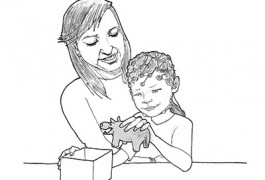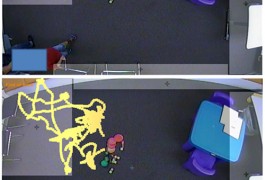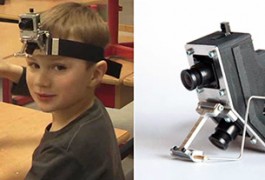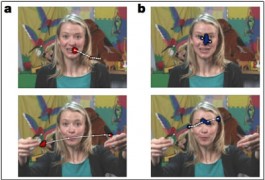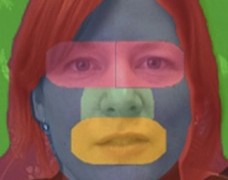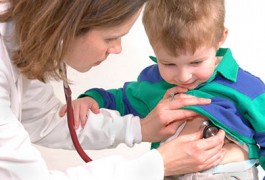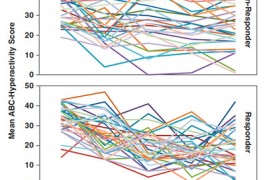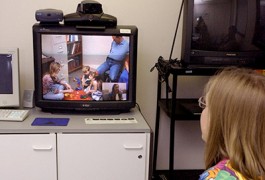Cognition and behavior: Mirror neurons normal in autism
Mirror neurons, which fire when a person performs or observes an action, function just as well in young children with autism as they do in their typically developing peers. The finding, reported 10 February in Autism Research, boosts evidence against a popular theory of autism.
